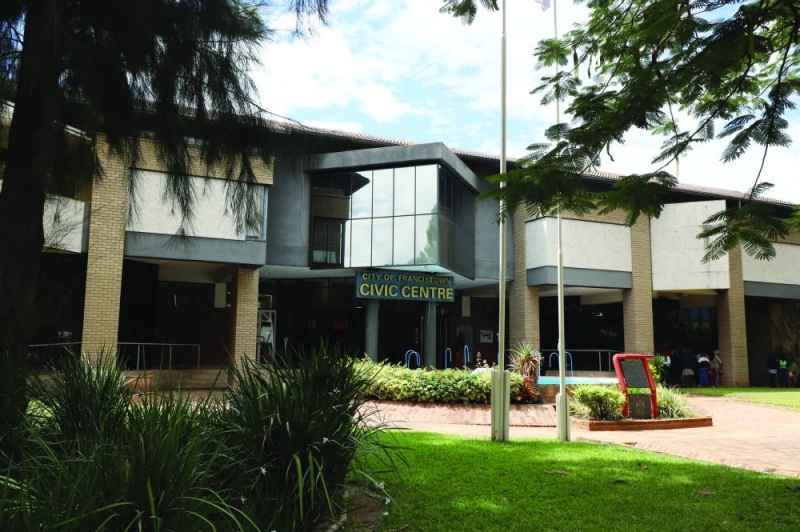Weevil attack forces FCC to dump sorghum bags
Lesedi Mkhutshwa | Monday February 19, 2024 06:00


At the time, Mmegi sources also revealed that the weevil attack led to shortage of sorghum in primary schools the following week across the city following the attack by the insects and disposal of contaminated bags. The shortage of food forced learners to bring their own food from home but those from underprivileged families had to attend classes on empty stomachs. Following the tip-off, Mmegi wrote a questionnaire to FCC to enquire about the weevil attack but received no response. Three weeks later, Cosmos Sewagodimo, the deputy town clerk of the FCC, responded to this publication’s questionnaire. Sewagodimo said: “In accordance with section 65:05 of the Food Control Act of 1993, 128 bags containing 25 kg of sorghum meal were destroyed because they were unfit for human consumption.”
He further said sorghum for the current school term has been ordered through the contracted supplier. “We have made sure that the storage area is fumigated for pests and that the minimum amount of stock is kept in the interim.” However, Sewagodimo refuted claims that there was food shortage in primary schools at the beginning of the current school term because of the weevil attack. “The FCC has not instructed any primary school learners to bring their own food to school. Our schools have been supplied with all the food commodities that have been supplied except for sorghum, which is still out of stock at our suppliers, and beans, which are currently unavailable at Botswana Agricultural Marketing Board (BAMB). Our learners are being fed samp, beef, bread and milk as of now,” said Sewagodimo.
BAMB has recently moved to assure the nation that strategic grain reserves are sitting at full brim and has kick started discussions with suppliers in neighbouring countries in the event of possible grain shortages after this season. This was not the first time that the FCC had to dispose of food from its storages. In 2020, the FCC disposed of food that was meant to cushion members of the public from the effects of the COVID-19 lockdown. Then, 252 (12,5 kg) bags of rotten maize that were stored at Aerodrome Primary School were disposed of because they were not fit for human consumption. The FCC then denied that food meant to cushion members of the public from the effects of COVID-19 was dumped at the landfill only to later change its statement.
The city mayor, Godisang Radisigo, later admitted that indeed 250 bags of maize were destroyed at the city landfill. The maize meal was part of the food items that were bought for the COVID-19 relief food initiative just before the government changed its stance saying that it will no longer give Batswana the relief food for May and June 2020. The food items were only issued out in April.
